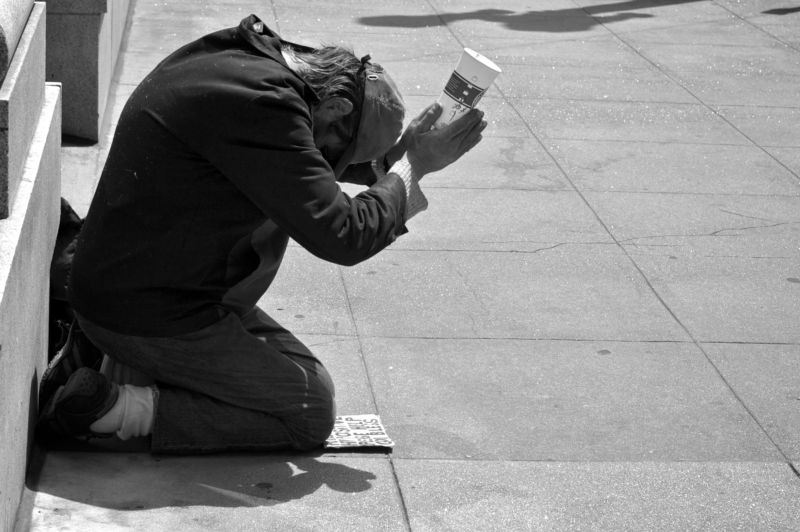Seeing the poor cuts support for a tax on the rich
Ars Technica » Scientific Method 2017-01-19

Enlarge (credit: Jeremy Brooks)
Wealth inequality has increased over the last several decades, as the gap between the rich and the poor has become wider. There are a number of possible policy approaches to limiting that gap, but they haven't drawn much support.
You might think that if wealthy people had more regular exposure to poor people, it might humanize the impoverished, and inspire the rich to favor some sort of wealth redistribution policies, such as extra taxes for the top one percent of incomes. However, a recent study published in PNAS by Melissa L. Sands shows the opposite: when randomly selected people were exposed to poor people in public spaces (like the park or subway), they were less likely to support taxing the extremely rich.
This study took place in affluent, predominantly white areas around Boston, including the neighborhoods of Brookline, Back Bay, and Beacon Hill. In public spaces, the researcher planted a petitioner who was recruiting signatures either in favor of reducing plastic bags, or in favor of a “millionaire’s tax,” which would raise the taxes on people with incomes over a million dollars. Nearby in the pedestrian public space, was a collaborator who was either assigned to present themselves as an affluent person waiting to meet a friend, or an impoverished person resting in the public space.